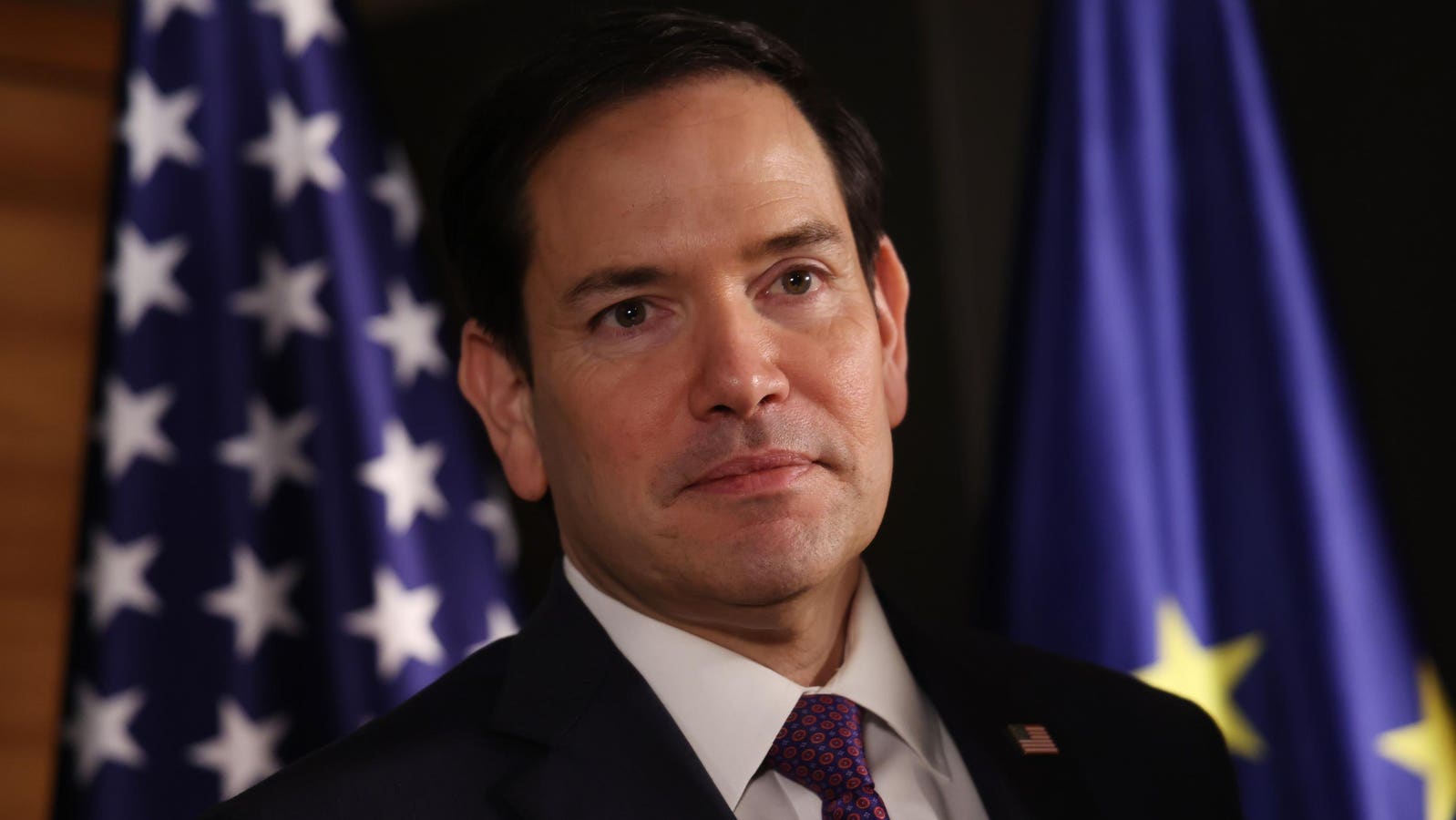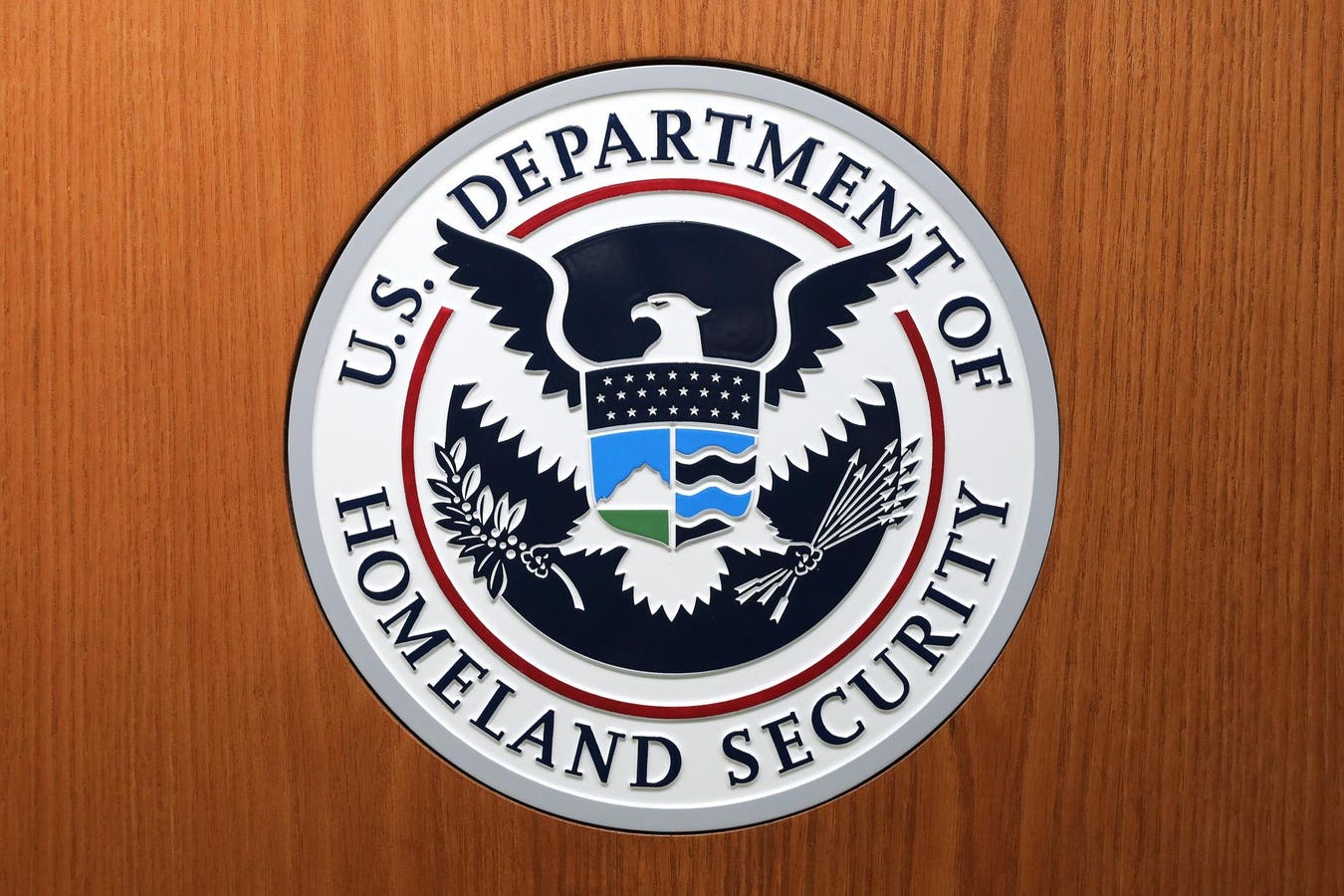The Affordable Care Act, aka Obamacare, includes provisions that guarantee a number of preventive … More
In a recently decided case, the Supreme Court upheld the authority of the Secretary of Health and Human Services to appoint members of the United States Preventive Services Task Force, rather than requiring presidential nomination and corresponding Senate confirmation hearings and a vote. The Task Force is tasked with making key recommendations on which preventive healthcare services and technologies must be covered by health insurers by law. While this ruling preserves the current structure of the Task Force and ensures that its recommendations remain valid, it offers HHS Secretary Robert F. Kennedy Jr. broad latitude to reshape what’s covered as he can hire and fire the expert panel, which in turn can lead to modified guidance.
In the case before the court, the lead plaintiff, Braidwood Management, objected to the Affordable Care Act’s requirement to cover HIV prevention medications, arguing that this mandate violated its religious beliefs. Braidwood further maintained that the Task Force is unconstitutional, specifically with regard to the procedure used to appoint members.
The Task Force is in charge of recommending preventive healthcare services and technologies that ought to be covered by insurers, such as cancer screenings, cholesterol medications and HIV prevention drugs or pre-exposure prophylaxis, at no cost to patients. PrEP is a highly effective preventive medication for people who do not have HIV but are at high risk of exposure through sexual contact or injection drug use. It can be taken as a daily pill or as an injectable every two or six months.
Under the ACA, PrEP products approved by the Food and Drug Administration must be reimbursed by insurers without any out-of-pocket charges to patients for the medications, clinic visits or laboratory tests. For the uninsured, there are programs available that can provide PrEP at reduced costs or for free.
The Task Force’s expert panel evaluates the best available scientific evidence to figure out whether a preventive health intervention is beneficial to patients. In the case of PrEP, soon after the first product was approved more than a decade ago, the Task Force recommended its coverage based on a review of the data submitted to the FDA.
The Supreme Court ruled that the present structure of the Task Force is constitutional. As such, its decision reaffirms the ability of Kennedy to appoint and supervise officers under the aegis of the Department of HHS. But in light of Kennedy’s evident distrust of established expertise and traditional scientific institutions in government decision-making, this could give pause.
Besides holding vaccine-skeptic views, Kennedy has questioned whether HIV is the sole cause of AIDS, advocated on behalf of lifting of raw milk restrictions and removing flouride from drinking water.
Challenging what he calls “orthodoxies,” HHS Secretary Robert F. Kennedy Jr. has repeatedly made statements suggesting a skeptical viewpoint with respect to sole reliance on experts in making policy decisions, especially in the realm of public health. During an interview with Fox News, Kennedy said that “trusting the experts is not a function of science or democracy, but of totalitarianism and religion.”
What happened last month at the Advisory Committee on Immunization Practices, when the entire panel of experts was ousted and replaced, could offer clues as to how Kennedy may act, given that he has a similar authority to appoint and remove Task Force members. And this extends to his right to review and block their guidance before it takes effect.
ACIP provides recommendations on vaccines to the Centers for Disease Control and Prevention. Positive advice for a vaccine implies health insurers must cover it free of charge. Kennedy oversees ACIP and can sack and appoint members. Kennedy dismissed the entire 17-member ACIP and appointed seven members to the advisory committee, several of whom have no vaccine or immunology pedigree while others include like-minded vaccine skeptics. It’s unknown what changes the newly formed committee will recommend regarding scheduling of standard vaccinations. But it stands to reason that scheduling could be modified.
Independently of ACIP, Kennedy has already made changes to COVID-19 vaccine policy, no longer recommending the vaccine to health children and pregnant women. STAT News reports that a lawsuit filed on July 7th alleges that “HHS changed federal guidance outside of established processes, undermining trust.”
And, earlier this year, another agency under Kennedy’s control, the National Institutes of Health, dismantled the entire National Cancer Institute’s Board of Scientific Advisors, which had 28 members.
If something similar were to happen to the Task Force as what occurred to ACIP, experts suggest it could undermine the public and scientific community’s trust in the panel and its recommendations. Moreover, it could result in restrictions in insurance coverage of certain preventive interventions.









